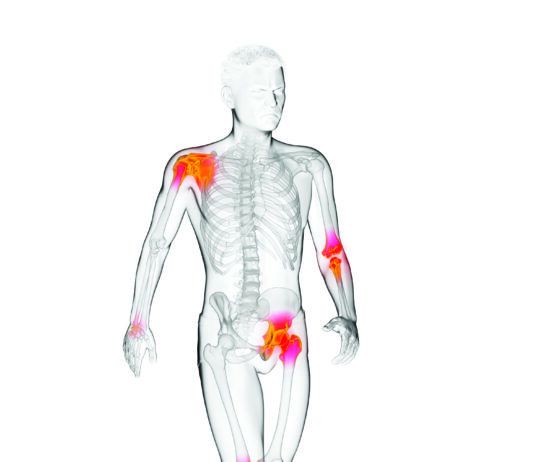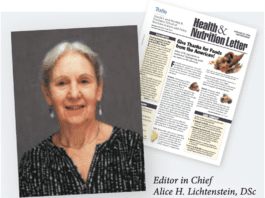Mediterranean-Style Diet Linked to Slower Mental Decline
Heres more evidence that eating like a Mediterranean might help protect your aging brain: In a new study comparing the eating habits and mental abilities of nearly 3,800 older Chicagoans, those who stuck most closely to a Mediterranean-style diet pattern saw a slower rate of cognitive decline with aging. People who ate most like Mediterraneans had brains that functioned as if they were several years younger
Can Dietary Antioxidants Reduce Your Risk of a Stroke?
A new Italian study reports that antioxidants in the diet were associated with a reduced risk of the most common kind of stroke. Among 41,620 study participants, those with diets highest in total antioxidant capacity (a measure of several different antioxidant compounds and their interactions) were 59% less likely to suffer an ischemic stroke. Such strokes occur as a result of an obstruction within a blood vessel supplying the brain
Industry-Backed Nutrition Labels List Pluses Along with Minuses
At a glance, you can learn a lot about the groceries you buy from the new industry-sponsored labels that should soon begin appearing on packages. The front-of-package Nutrition Keys labels will prominently display calories, saturated fat, sodium and sugar per serving
Orange Juice Lowers BP, Improves Blood- Vessel Activity
People who start the day with a glass of orange juice have been getting some good news lately. (See our report on possible cholesterol benefits in the February 2011 Healthletter.) In the latest research exploring health benefits of OJ, French scientists report that drinking orange juice-or a control beverage containing hesperidin, a key antioxidant flavonoid specifically found in OJ-was associated with significantly lower diastolic blood pressure and improved blood-vessel function
Vitamins E and C Disappoint in Cataract Prevention
T he longest placebo-controlled trial to date to test whether antioxidant vitamins reduce the risk of cataracts has failed to fnd such a beneft for the supplements. Because oxidative damage is a prominent feature of cataracts, one focus of nutrition research has been the link between dietary intake of nutrients with antioxidant potential, particularly vitamins E and C, and the risk of cataract, explained William G. Christen, ScD, of Brigham and Womens Hospital and Harvard Medical School, and col- leagues, writing in Archives of Ophthalmology.
Drinking Orange Juice May Help Combat Bad Cholesterol
T hat morning glass of OJ might be doing some good for your cholesterol numbers. In a new study published in Nutrition Research, Brazilian scientists report that orange juice made from concentrate reduced unhealthy LDL choles- terol levels in patients with high cholesterol.
To Protect Arthritis-Prone Knees, Dont Overdo Exercise
I f youre at risk for osteoarthritis of the knee, light exercise such as walking or bowling can reduce your odds of develop- ing that painful condition. But strenuous exer- cise such as skiing, soccer, running or playing basketball can lead to cartilage damage and start an osteoarthritis cascade, a new study warns. Even if youre not at risk, too much knee bending can damage cartilage.
Cran-tastic! Nutritious cranberries are good for you-and good for more than just sauce.
Although we may think of cranber-ries only at Thanksgiving time-as that perfectly formed cylindrical sauce from a can-these red gems have lots more to offer on both the culinary and nutritional fronts. Cranberries can now be found fresh, dried, canned or as juice in supermarkets everywhere. Supplements even tout the health benefits of cranberries in a convenient pill form.
Experts Boost Vitamin D Recommendations-But Only a Little
A n expert committee of the Institute of Medicine (IOM), which sets recommended daily levels for nu- trients, says children and adults under age 71 need 600 IU of vitamin D daily, while older adults need 800 IU. Thats an increase from levels set in 1997, which ranged from 200-600 IU daily, and from the 400 IU used in nutrition labels on food.
Whole Grains Battle Your Dangerous Belly Fat
Whole grains can help fght the belly fat thats linked to heart disease and diabetes, according to Tufts researchers, while refined grains like white bread and pasta can cancel out those benefits.




























